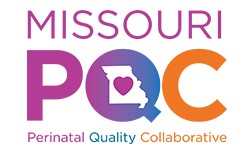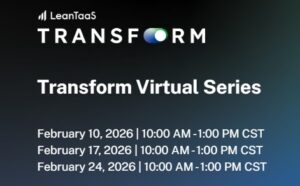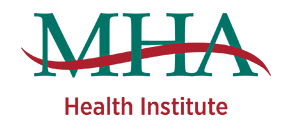January 16, 2026

Hospital Preparedness Academy 2026 – Nine Part Virtual Series, Starts February 10
The Hospital Preparedness Academy is a comprehensive training series designed to build the capabilities of hospital emergency preparedness professionals across all phases of emergency management. Through nine targeted sessions, participants will explore regulatory frameworks, risk assessment methodologies, planning tools, clinical and infrastructure considerations, technology systems and collaborative strategies.
Series Objectives:
By the end of the Hospital Preparedness academy, participants will be able to:
- Understand and apply key regulatory requirement and foundational components of hospital emergency preparedness programs,
- Develop and implement core emergency management plans, including risk assessments, emergency operations, communications and continuity of operations, and
- Integrate clinical preparedness, technology tools, infrastructure resilience, collaborative relationships and responder wellness strategies into hospital emergency planning and response.
Cost:
- MHA members – $395
- Non-MHA members – $495
This virtual event is eligible for the use of the MHA Health Institute coupon.
When: 9 sessions
- Tuesday, February 10, 2026
- Tuesday, February 17, 2026
- Tuesday, February 24, 2026
- Tuesday, March 3, 2026
- Tuesday, March 10, 2026
- Tuesday, March 17, 2026
- Tuesday, March 24, 2026
- Tuesday, March 31, 2026
- Tuesday, April 7, 2026
Click Here to Learn More and Register




